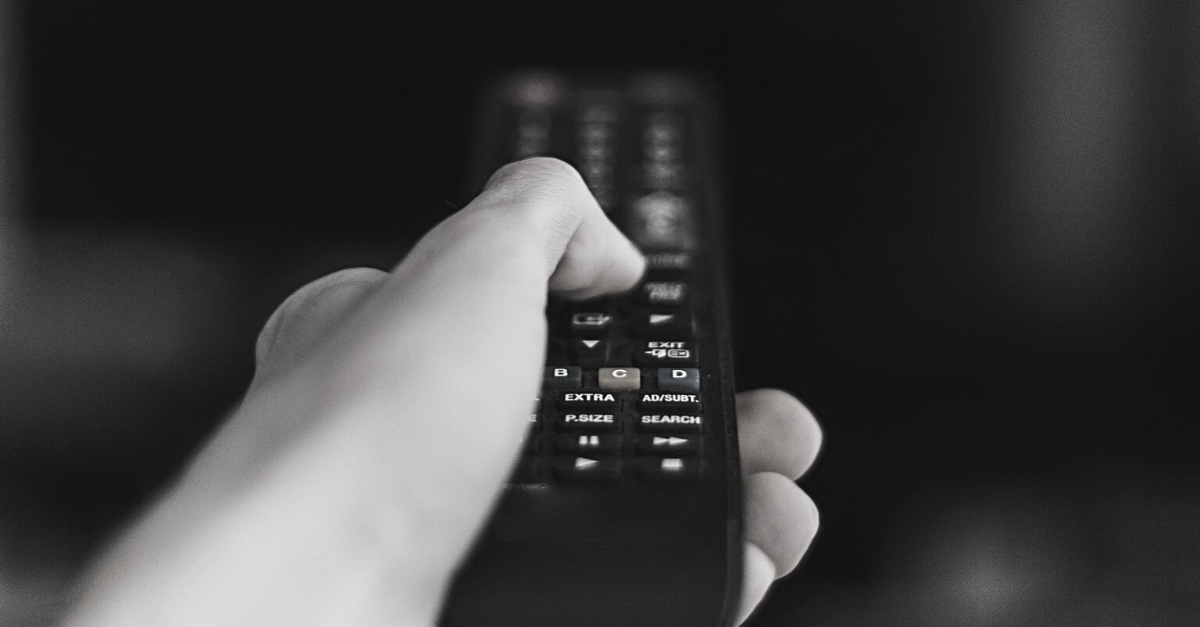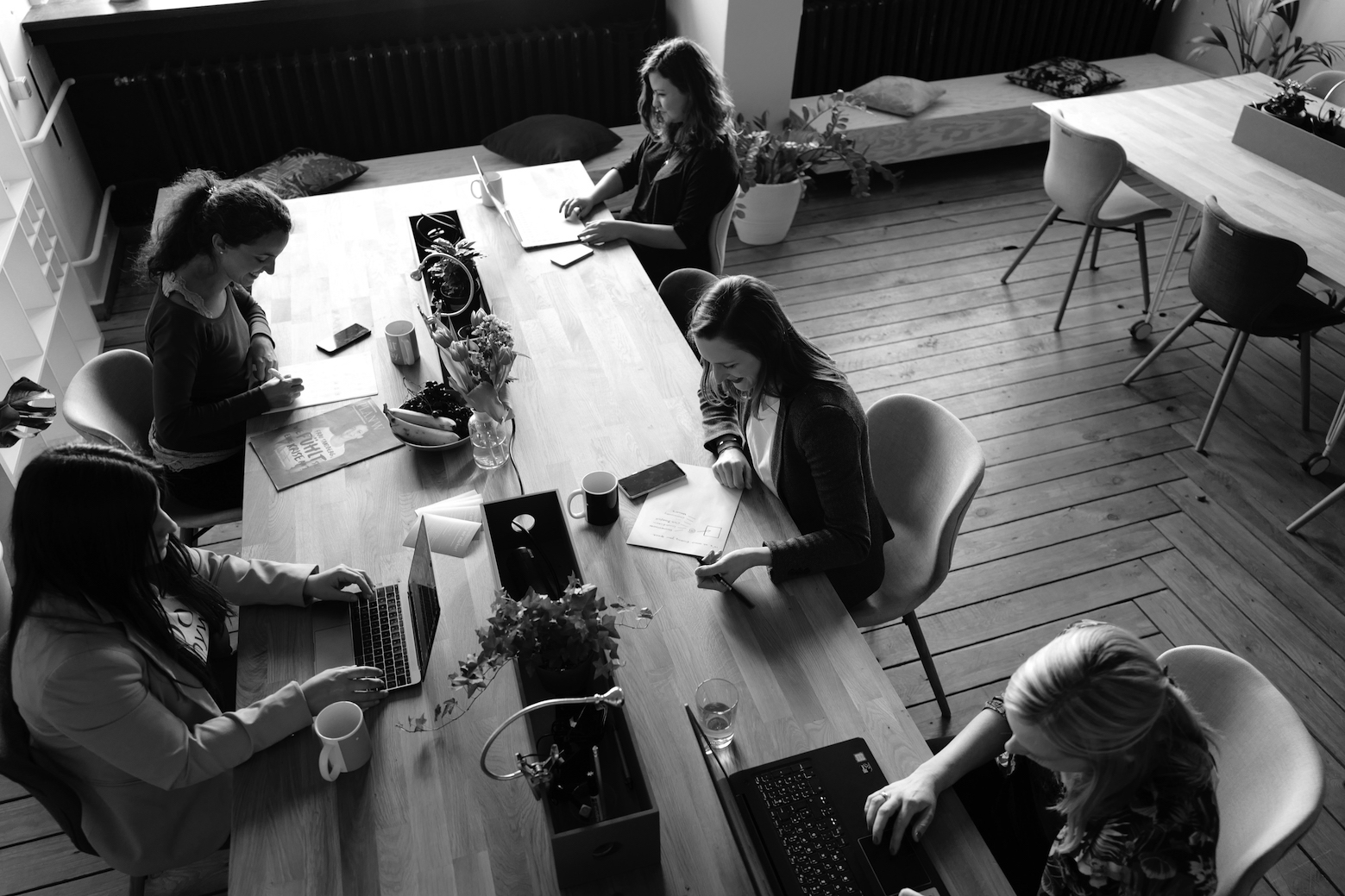Let’s talk about the ‘S’ word. No, not that one, head out of the gutter, please! This is a family-friendly blog after all. In this article we are going to focus on stress, namely work stress, and how it impacts the rest of your life.
I’m pretty sure that you’ve heard those bandied around phrases like ‘work-life balance’ or ‘personal vs professional divide’. While there is a healthy intention behind these sayings, they can often cause us to take an unhealthy approach to managing our stress at work.
The thing about work-related stress is that it has a nasty habit of coming home with us at the end of the day, whether we intend it to or not. Today we’re going to explore what work stress is, and what happens when it comes through to the door and into bed with us. Not in that way, c’mon…
Why work stress comes home with you.
While you probably don’t think to yourself, ‘Yes! I’m going to take this stress home and worry about work all night. Great plan.’ it’s what tends to happen.
Stress follows us home when we don’t manage our stress levels as we go through the workday. We get to 5pm and think, ‘Now I’ll be able to have a break!’ and instead spend our afternoons and evenings mentally running through the stress of the day.
Based strictly on numbers, we can divide the average person’s hours in a week into thirds: work, sleep, everything else (personal time). The cold hard truth is that if we aren’t managing our work stress as we go, then it is going to have a significant impact on our quality of sleep and personal time.
But how do you move past this? With the stats showing that 83% of men and 72% of women say that workplace stress carries over to their personal life, something has got to change.
Rather than looking at ‘work time’ and ‘personal time’ as separate things, the former for getting stressed and the latter for recovering from it, we need to look at our experience as one big picture called ‘life’.
How to recover from work stress.
So, how do we stop workplace stress from making your life a stressful experience? The first thing you need to consider is how your current routine might be holding you back.
How many of these situations can you relate to?
● Getting home, sitting on the couch with only enough energy for Uber Eats and Netflix
● Going on planned holidays and getting sick for the first week
● Finding yourself talking about work in your personal time almost as much as you do at work
It’s time we reframe how we think about managing our stress. We can’t wait until the workday is over or our next holiday comes up to let the pressure off and look after ourselves. If you continue with your current routine, you’re going to be on the fast track to burnout.
We need to build a rhythm of stress and recovery (rinse and repeat, indefinitely) into our workdays.
Now you may be thinking, ‘Look, Ryan, I can’t just lay down for a cheeky 45-minute nap just because I had a tough 9am meeting’.
Well, while disappointing, that is a fair statement. The truth is that recovery doesn’t have to be a nap, going for a walk or an afternoon croissant.
In fact, I’d say, for the most part, relying on these big ‘time out’ rituals for recovery isn’t the best way to set yourself up for success in managing stress.
Creating a stress management routine.
To create sustainable recovery and stress management practices, it’s important to look at your workday and build in rituals that are going to create minimal disruption to the patterns you currently have.
If you find you barely have enough time to skull a coffee at morning tea and smash a burrito for lunch, then planning to take time out for a social stroll during your 2pm conference call probably isn’t practical.
However what MAY be more practical is to play your day out so that after every 30 minutes of ‘demanding’ work such as completing a report, you give yourself ‘down’ time before your next task. This will help you to perform at your best and reduce your stress levels throughout the day.
Here are some recovery strategies you can use during a busy workday:
● Planning to do emailing in between more ‘demanding’ tasks
● Making sure you stand up at least once an hour to walk either to the bathroom or to get a drink of water
● Planning to take lunch at the same time as a colleague (socially connecting with others can be a great way to emotionally re-charge)
● Listen to music when completing monotonous tasks
These non-disruptive strategies are powerful ways of building recovery into your day. By making recovery a part of your routine, when challenges do come up (and they will) you will have a higher level of emotional resilience and you’ll be able to take those challenges by the horns.
Want to learn more about the power of recovery and how it can help you to reach peak performance? Take a look at what our Science of Recovery program is all about.


